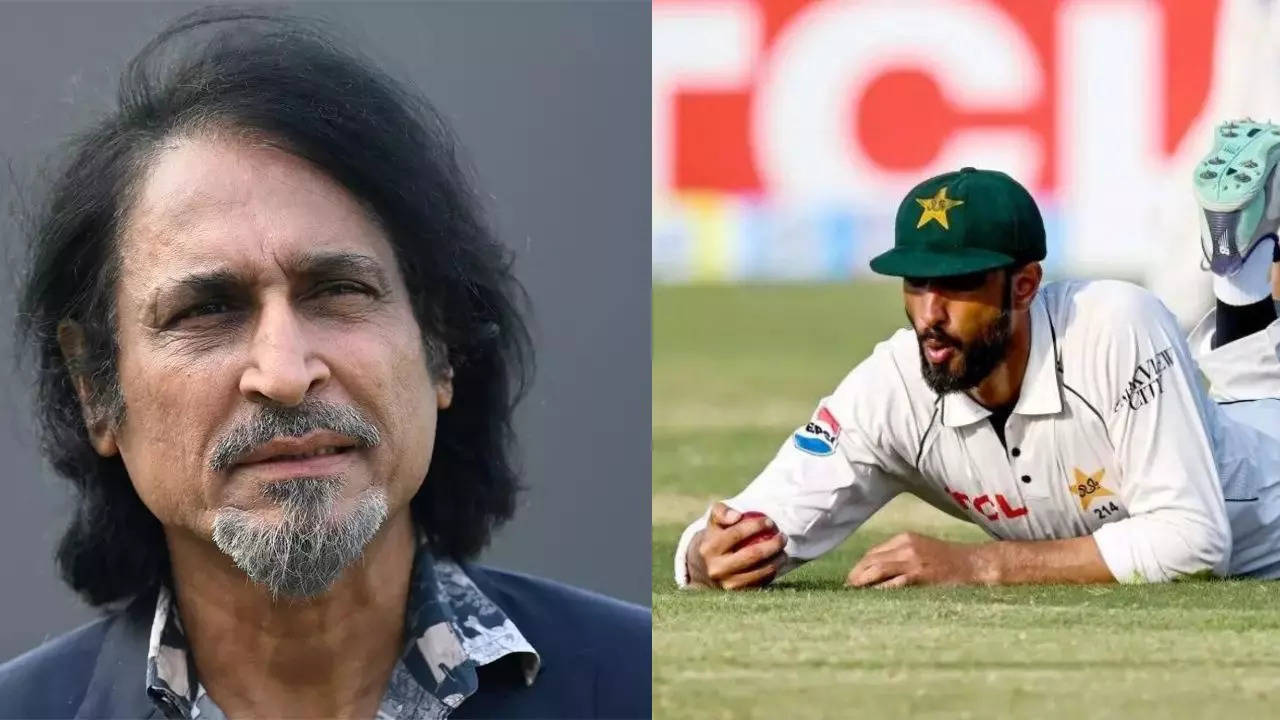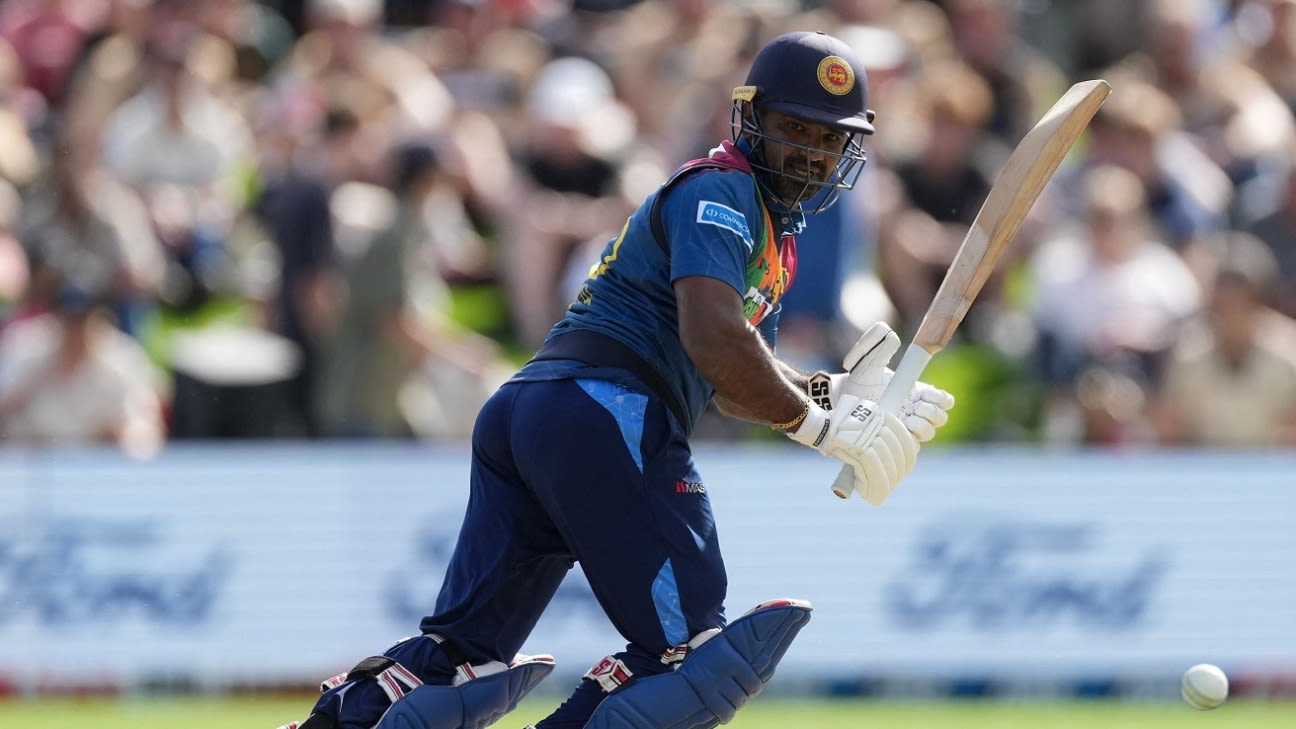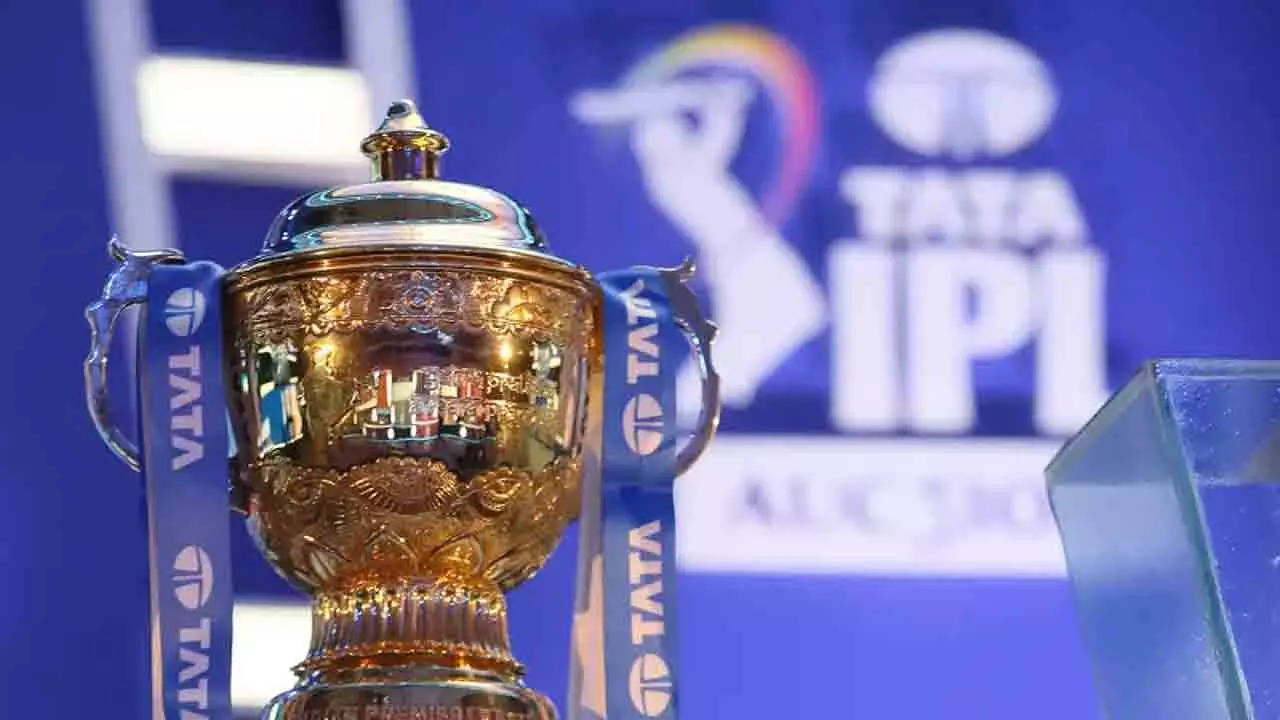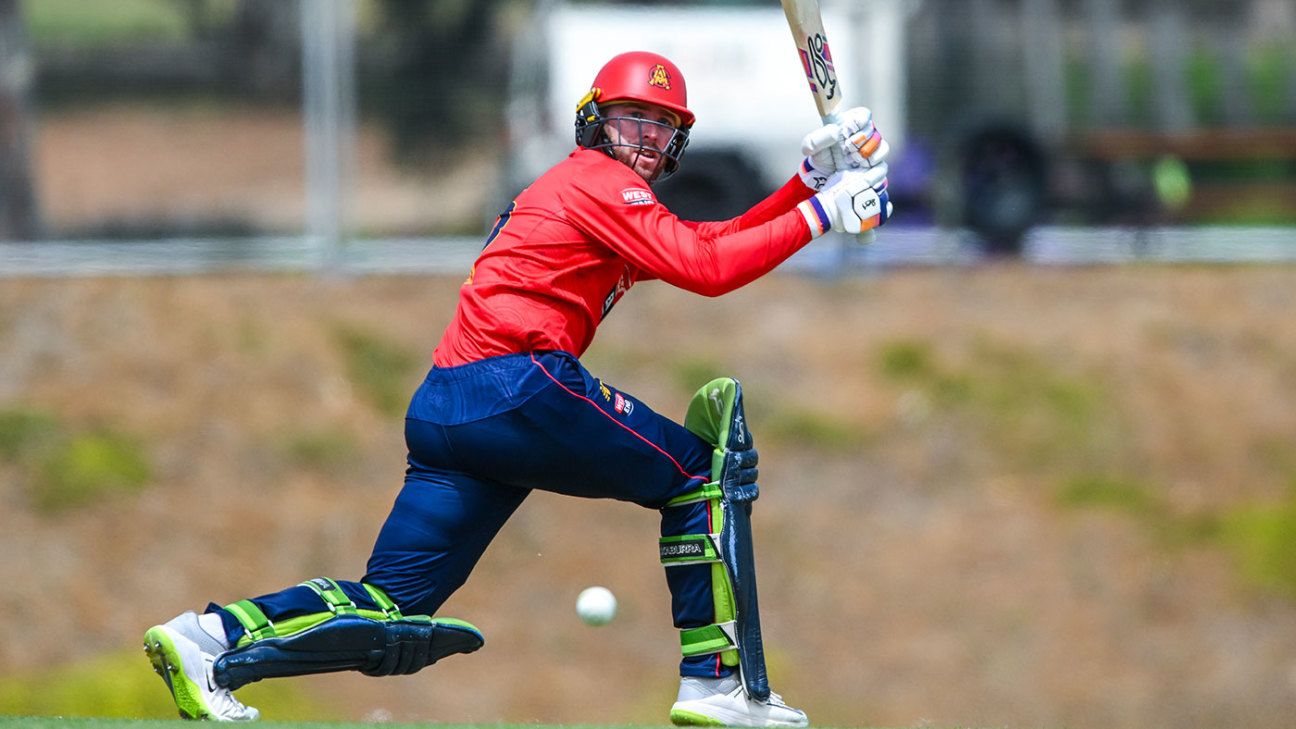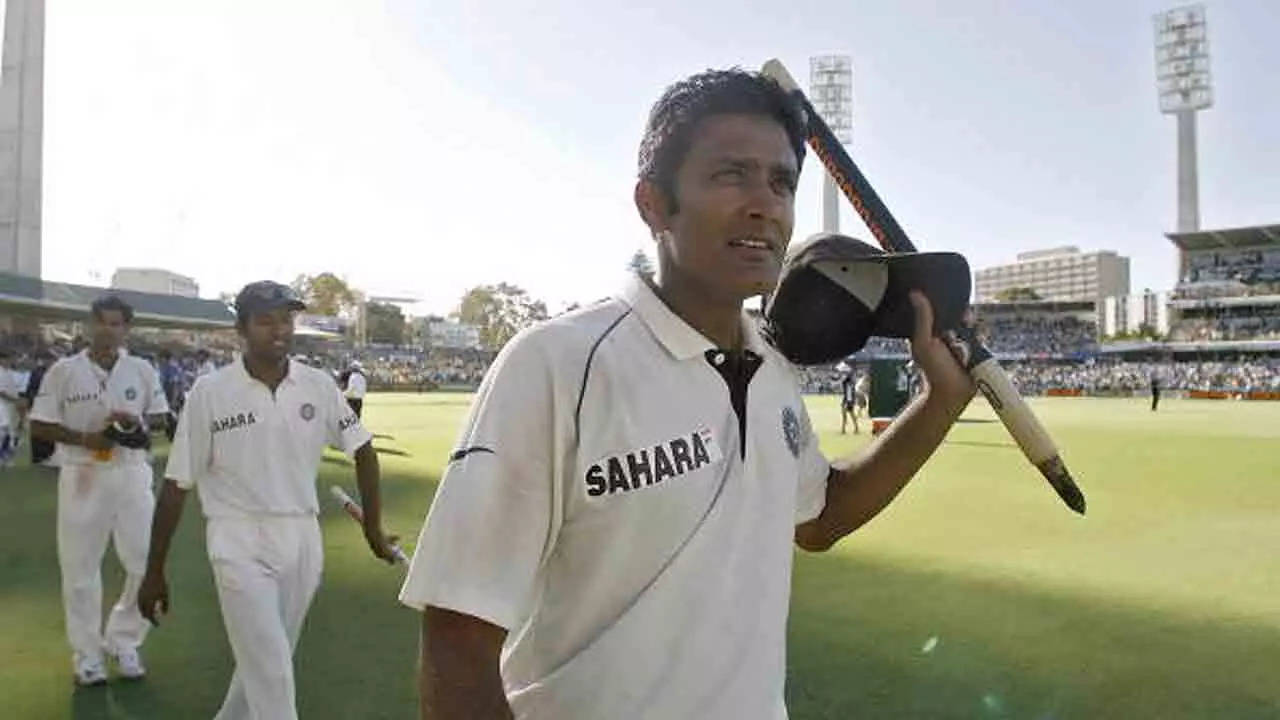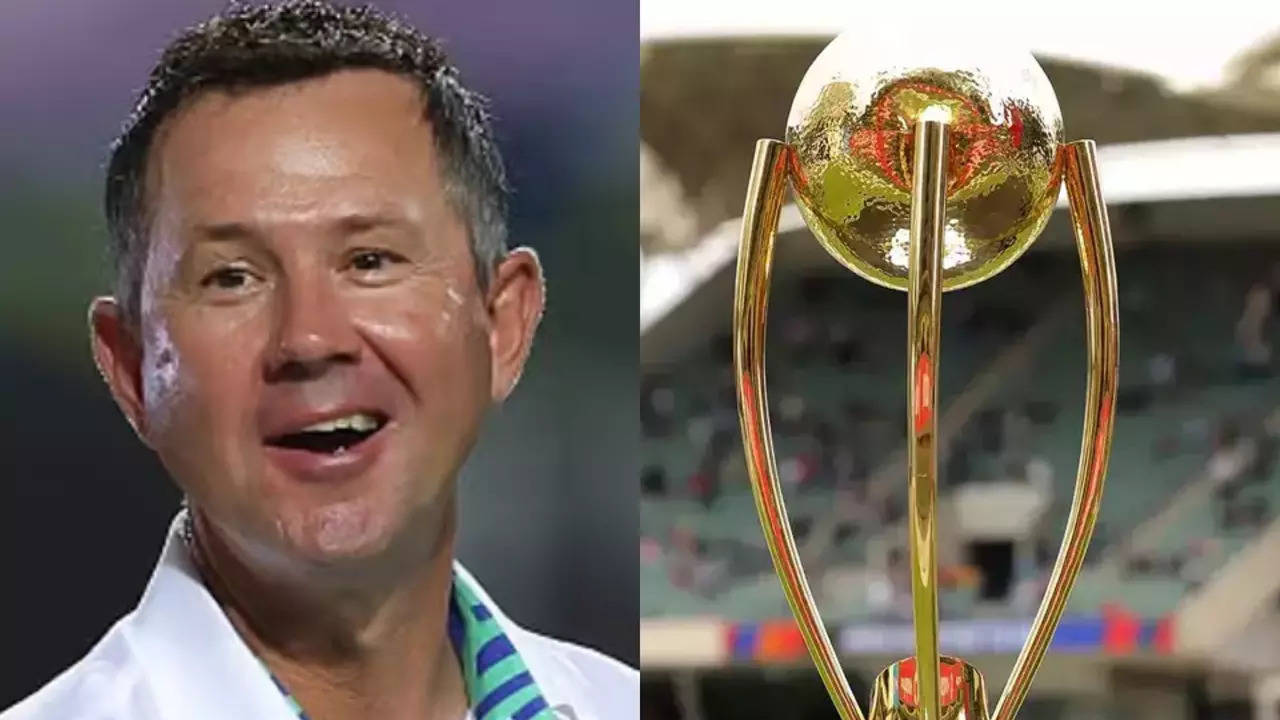Former Pakistan Cricket Board (PCB) chairman Ramiz Raja has defended his post-match comments to Test team captain Shan Masood, which sparked controversy and criticism. Raja’s remarks, particularly his question about Pakistan’s six consecutive losses, drew flak from fans and former players, including pacer Mohammad Amir.
Raja, speaking on his YouTube channel, clarified that his intention was not to undermine the team’s achievement but to explore how they overcame recent struggles. He dismissed the backlash as part of the social media landscape, saying, “Pakistan zinda hi social media pe hai” (Pakistan lives on social media).
Raja expressed frustration with how people misinterpret his comments, adding, “If I lived my life based on social media narratives, I wouldn’t be in this field. There are many uninformed opinions from people who haven’t played cricket but act like experts.”
He also underlined that he did not intend to question Shan Masood’s captaincy and expressed disbelief at how quickly the conversation spiralled into controversy. “When Bangladesh won 2-0, I didn’t ask for anyone to be removed. Why would I question Shan’s captaincy after a series win?” Raja argued.
Earlier, Mohammad Amir had publicly criticized Raja for his remarks, suggesting that the former chairman should have focused on celebrating the series win rather than bringing up past failures. In a viral video, Amir remarked, “You should celebrate the series win. There is a series-winning captain sitting next to you. You should have asked him about the win, next plans. But you are making fun of him. Have some respect. You are literate people and you should behave like one as well. Where the credit is due, you should give it. I was feeling so bad for Shan. Ramiz has been doing on-air duties for so long now and he has no idea what to ask a winning captain.”
Raja’s comments have sparked a debate about the role of former players in criticizing current teams and players. Some believe that former players have a responsibility to provide constructive criticism, while others argue that they should be more supportive and avoid undermining the team’s achievements.

